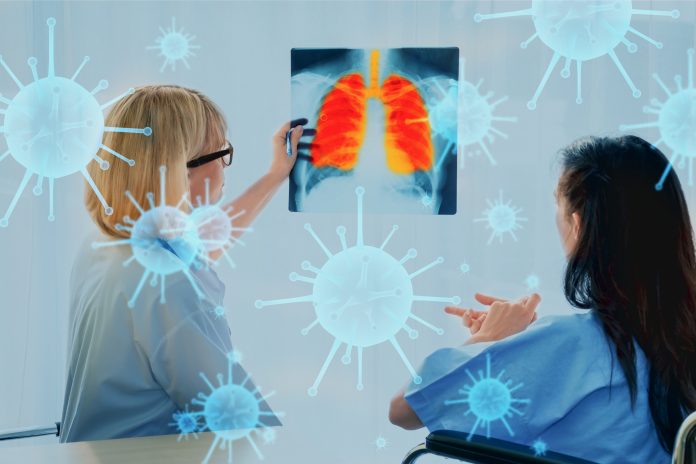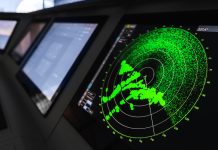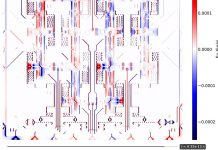Artificial intelligence (AI) will help speed up treatment and improve outcomes for patients hospitalised with COVID-19
NHSX has brought together over 40,000 CT scans, MRIs and X-rays from more than 10,000 patients during the course of the pandemic to form a National COVID-19 Chest Imaging Database (NCCID).
The database can speed up diagnosis of COVID-19 and lead to quicker treatment and now, access to the NCCID has been extended to hospitals and universities.
Clinicians at Addenbrooke’s Hospital in Cambridge are developing an algorithm based on the NCCID images to help give a more accurate diagnosis of patients who have not had a confirmed COVID-19 test but still present symptoms.
Using visual signatures of the virus they are able to compare the patterns in the patient’s imaging with those seen previously in the NCCID.
Understanding the earlier stages of disease means that clinicians are more easily able to implement appropriate, early medical interventions, reducing the potential for later complications.
Carola-Bibiane Schönlieb, Professor of Applied Mathematics and head of the Cambridge Image Analysis group at the University of Cambridge, said:
“The NCCID has been invaluable in accelerating our research and provided us with a diverse, well-curated, dataset of UK patients to use in our algorithm development.
“The ability to access the data for 18 different trusts centrally has increased our efficiency and ensures we can focus most of our time on designing and implementing the algorithms for use in the clinic for the benefit of patients.
“By understanding in the early stages of disease, whether a patient is likely to deteriorate, we can intervene earlier to change the course of their disease and potentially save lives as a result.”
Evis Sala, Professor of Oncological Imaging at the University of Cambridge, said:
“The NCCID team have been extremely knowledgeable, helpful and responsive to our questions throughout the process. This is precisely the initiative we need to ensure we are better prepared and more responsive for future pandemics.”
The NCCID is also helping researchers from universities in London and Bradford to develop AI tools that could help doctors improve the treatment for patients with COVID-19.
The database is helping to inform the development of a potential national AI imaging platform to safely collect and share data.
Dr Mark Halling-Brown, Head of Scientific Computing at Royal Surrey County Hospital, said:
“Royal Surrey NHS Foundation Trust has led the way in creating and sharing research imaging databases that have enabled the development of AI tools, and has more recently specialised in the evaluation and validation of AI radiology products within a range of specialties supporting their safe deployment into the clinic.
“Our expertise allowed us to help build the National COVID-19 Chest Imaging Database and we are excited by the potential of the AI solutions.”
Dr Joe Jacob, consultant radiologist and research lead at BSTI, said:
“The National COVID-19 Chest Imaging Database was developed with the support and enthusiasm of chest radiologists and healthcare professionals from around the United Kingdom.
“Their efforts have helped to provide a resource that will help the NHS in the management of the healthcare emergency engendered by COVID-19.”
Dominic Cushnan, Head of AI Imaging at NHSX, said:
“We are applying the power of artificial intelligence to quickly detect disease patterns and develop new treatments for patients. There is huge potential for patient care, whether through quicker analysis of chest images or better identification of abnormalities.
“The industrial scale collaboration of the NHS, research and innovators on this project alone has demonstrated the huge potential and benefits of technology in transforming care.”











